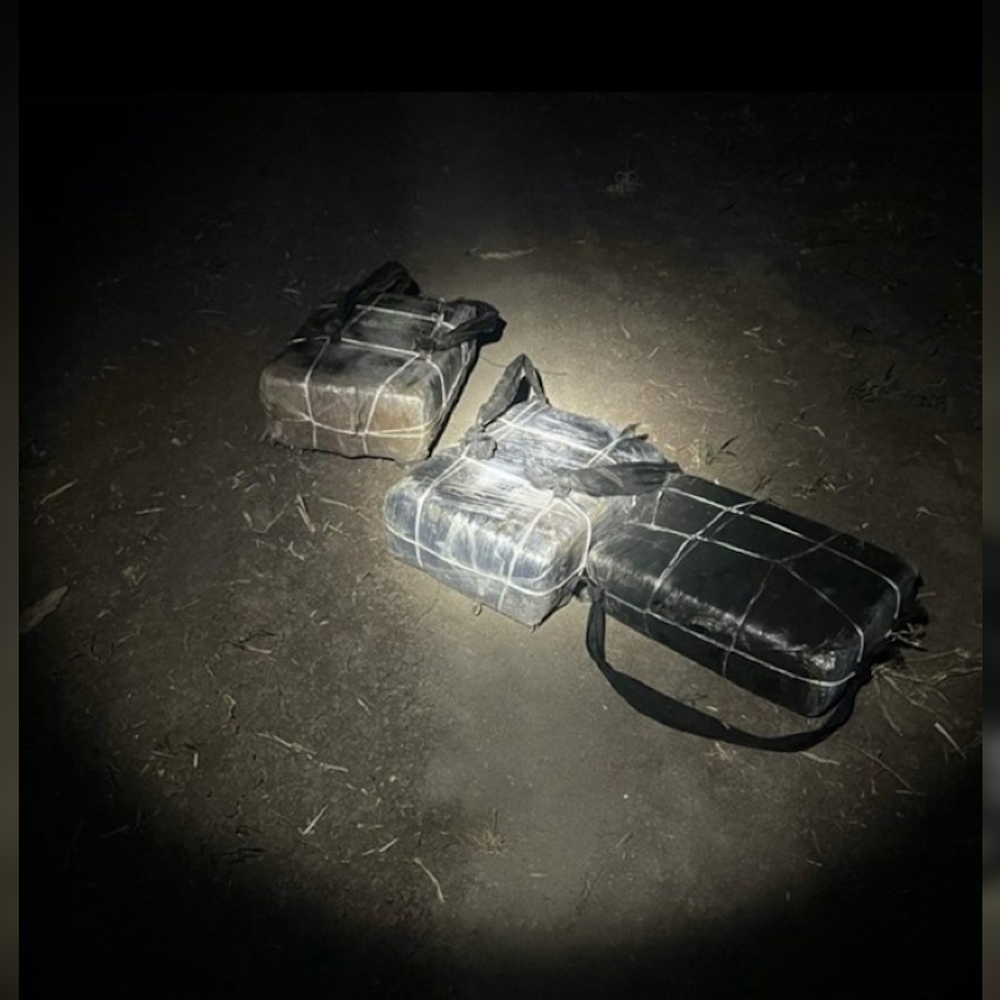
In a bid to combat the educator drought sweeping through Pennsylvania, a new state-funded program plans to water the seeds of the teaching profession with attractive financial incentives, starting in the next academic year. Aspiring teachers, currently unpaid and grappling with the viability of their career paths, were given a lifeline with the announcement of stipends ranging from $10,000 to $15,000. "What we need is a tangible commitment to our future," Melody Dorsainvil, a student at Temple University, underscored the dire need for support as she recounted her struggle with an unpaid student teaching assignment during a family crisis to The Philadelphia Inquirer.
While State Sen. Vincent Hughes praises the generous stipend requiring three years of service in needy districts as a partial solution, it's clear it's just a drop in the bucket. Hughes' call for more teachers resonates with Penn State's findings showing a rise in teacher attrition and a shortage of about 5,000 educators. NBC Philadelphia reported that student teachers in high-need areas might get an extra $5,000, and mentor teachers could receive $2,500.
A report by Teach Plus and the National Center on Education and the Economy (NCEE) warns that simply increasing funding won't solve the "dire" teacher shortage crisis. The PA Needs Teachers report, spanning 36 pages, identifies systemic issues in education contributing to the shortfall. Problems include frequent turnover of substitute teachers disrupting students' education and larger class sizes limiting personalized learning, as mentioned in Bucks County Beacon. The report stresses that students struggle to learn without consistent, qualified teachers, impacting their ability to form vital social-emotional bonds necessary for learning and development.
While this recent unveiling of the stipend program is aimed and aimed it might be a shot in the arm for Pennsylvania's education system, whether or not it will be enough to stanch the flow of teachers fleeing the profession remains to be seen. It is a complex issue, much like threading a needle during an earthquake, and only time will tell if these financial incentives are enough to sew up the gaping hole left by a teacher deficit that's been widening for a decade or if more systemic reforms are needed to address the underlying issues plaguing the state's educational framework.









